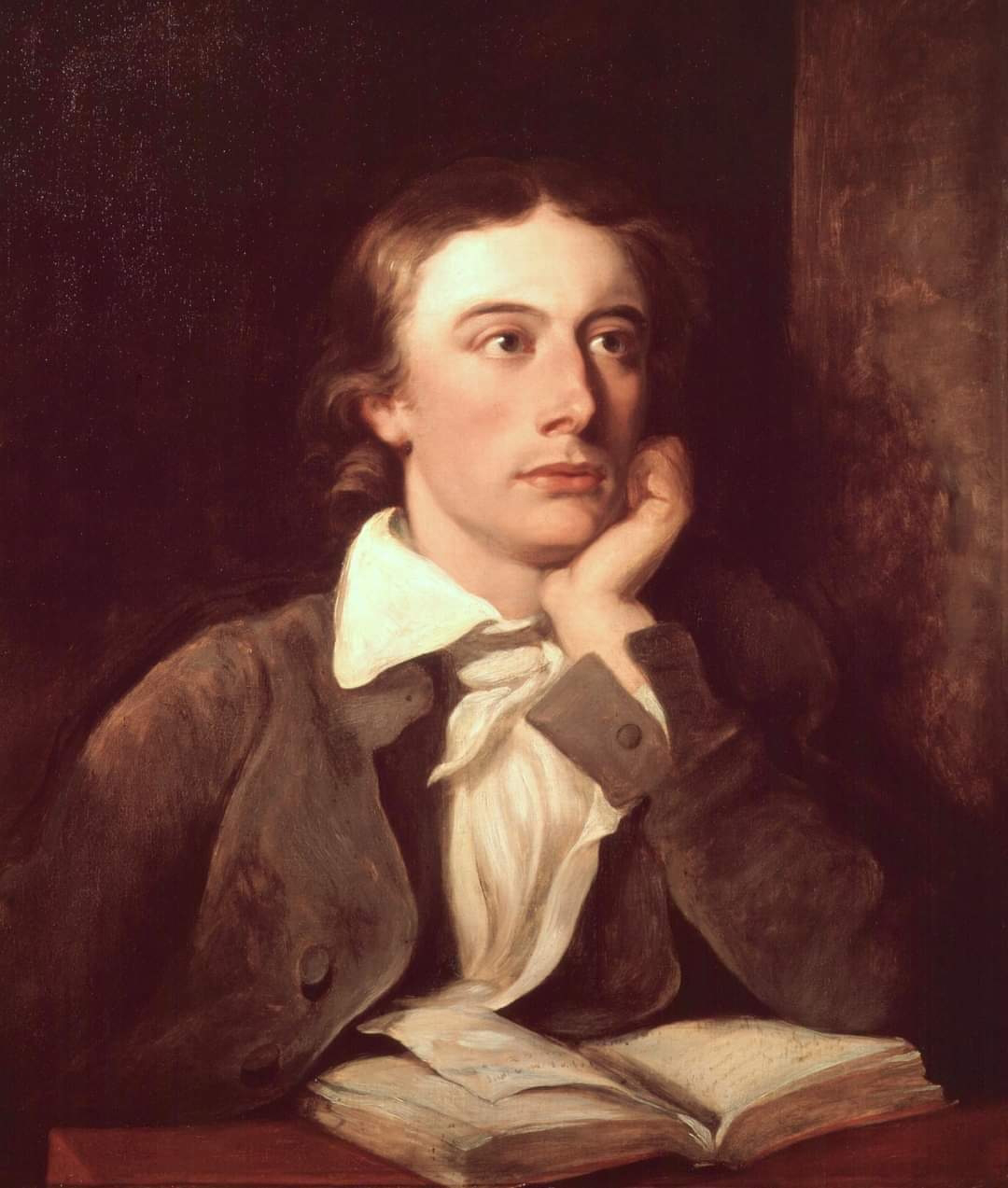John Keats, a luminary in the rich constellation of English Romantic Poets
John Keats, a luminary in the rich constellation of English Romantic poets, graced the world with verses that transcend time and space. Among his revered oeuvre, a particular gem shines with an undiminished lustre, casting a profound influence on world literature. It is in his celebrated poem "Ode on a Grecian Urn," that Keats inscribes the immortal lines:
"When old age shall this generation waste,
Thou shalt remain, in midst of other woe
Than ours, a friend to man, to whom thou say'st,
"Beauty is truth, truth beauty,—that is all
Ye know on earth, and all ye need to know."
These lines are not mere words; they are a clarion call to the eternal and the sublime. Keats, in his fleeting life, grappled with the ephemeral nature of human existence. Yet, in this temporality, he found an immutable truth: the enduring beauty of art and the transcendent nature of aesthetic experience.
As the world marched on from the 19th century, carrying the burdens of wars, upheavals, and relentless change, Keats' verse remained, like a steadfast beacon. Amidst the rubble of shattered illusions and the relentless march of time, his words offered solace and understanding. They spoke of a beauty that was not just an aesthetic pleasure but a deep, resonating truth.
The profound influence of Keats' insight cannot be overstated. His concept of beauty intertwined with truth has permeated the fabric of literature, inspiring countless poets, writers, and artists. In a world often beset with cynicism and despair, Keats' words serve as a reminder of the redemptive power of beauty, the kind that lifts the spirit and nourishes the soul.
Moreover, Keats' idea of beauty transcends the superficial. It's a beauty steeped in truth, a reflection of the authenticity and sincerity that should be the cornerstone of human existence. This notion has motivated generations to seek a deeper understanding of their world, to look beyond the apparent and search for the underlying truth.
Keats' legacy is a testament to the enduring power of poetry to inspire, motivate, and comfort. In classrooms, literary discussions, and quiet moments of reflection, his words continue to resonate, encouraging us to seek beauty in our lives and recognize the truth it holds.
In a world often characterized by fleeting moments and transient pleasures, Keats' poetry stands as a timeless reminder of what truly endures. It encourages us to pause, reflect, and appreciate the beauty that surrounds us, understanding that in this beauty, there is a profound truth. A truth that, once grasped, can illuminate our existence and offer a wellspring of inspiration.
John Keats may have left this world at a young age, but his vision, encapsulated in those lines, continues to influence and inspire. It's a legacy that speaks of the power of art to transcend time, to connect generations, and to impart wisdom that is as relevant today as it was over two centuries ago. His words are a beacon, guiding us through the turbulence of life, reminding us that in beauty, there is truth, and in truth, there is beauty. And that, as Keats assures us, is all we need to know.


